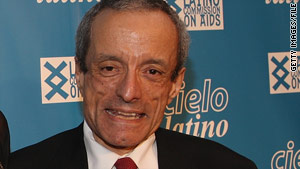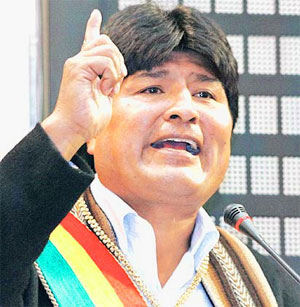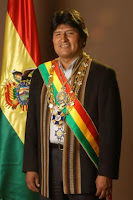
According to NGO Human Rights Watch, an alarming number of police killings have gone unpunished in Brazil. Police officers from the states of Rio de Janeiro and São Paulo have killed more than 11,000 people since 2003.
Most of these killings are claimed to have been “resistance” killings — those that occur when police officers return fire in self-defense. Police officials say these killings are in resistance to gangs linked to drug trafficking.
However, Human Rights Watch says otherwise. The group led a
two-year investigation, called
Lethal Force, that focused on 51 such killings and found evidence that police officers often took steps to cover up the true nature of the deaths.
In particular, HRW focuses on an event in 2007. Police documents stated that at least nine victims were taken to the hospital in an attempt to “rescue” them, but photographs and autopsy reports obtained by Human Rights Watch showed that the victims were dead before their removal.
According to the Human Rights Watch report, “These false ‘rescues’ serve to destroy crime scene evidence while providing a veneer of good faith on the part of the police.”
New York Times reports:
In most of the cases examined, the police descriptions of shootouts appeared inconsistent with forensic reports documenting gunshot wounds, which were consistent with the victims’ having been shot at close range, the group said.
“The problem with the current system and the reason these killings continue is that the criminal justice system relies entirely on police investigators to resolve these cases, and they don’t do it,” said Daniel Wilkinson, the deputy director for the Americas for Human Rights Watch. “There is a total lack of accountability.”
Human Rights Watch proposes that public prosecutors’ offices in both Brazilian states create a special unit to focus on police resistance cases. HRW also recommends that public security officials establish and strictly enforce crime-scene protocols that deter officers from engaging in cover-up techniques, and that they prosecute officers who engage in such activities.
Here are some more striking statistics..
The police in Rio de Janeiro State recorded a record high of 1,330 resistance killings in 2007. The rate fell to 1,137 in 2008, but it was still the third highest number on record for Rio, Human Rights Watch said.
In São Paulo State, there were more than 2,176 reported resistance killings over the past five years, Human Rights Watch said, contrasting that with the 1,623 police killings over the same period in South Africa, a country with a much higher homicide rate.
Photo Source



































